Owning a classic car is a dream for many automobile enthusiasts, but the romantic notion often overlooks the financial reality. The myriad costs associated with classic car ownership range from the initial purchase to ongoing maintenance and hidden expenses. Understanding these costs is crucial for anyone considering adding a vintage vehicle to their collection.
Initial Purchase and Acquisition Costs
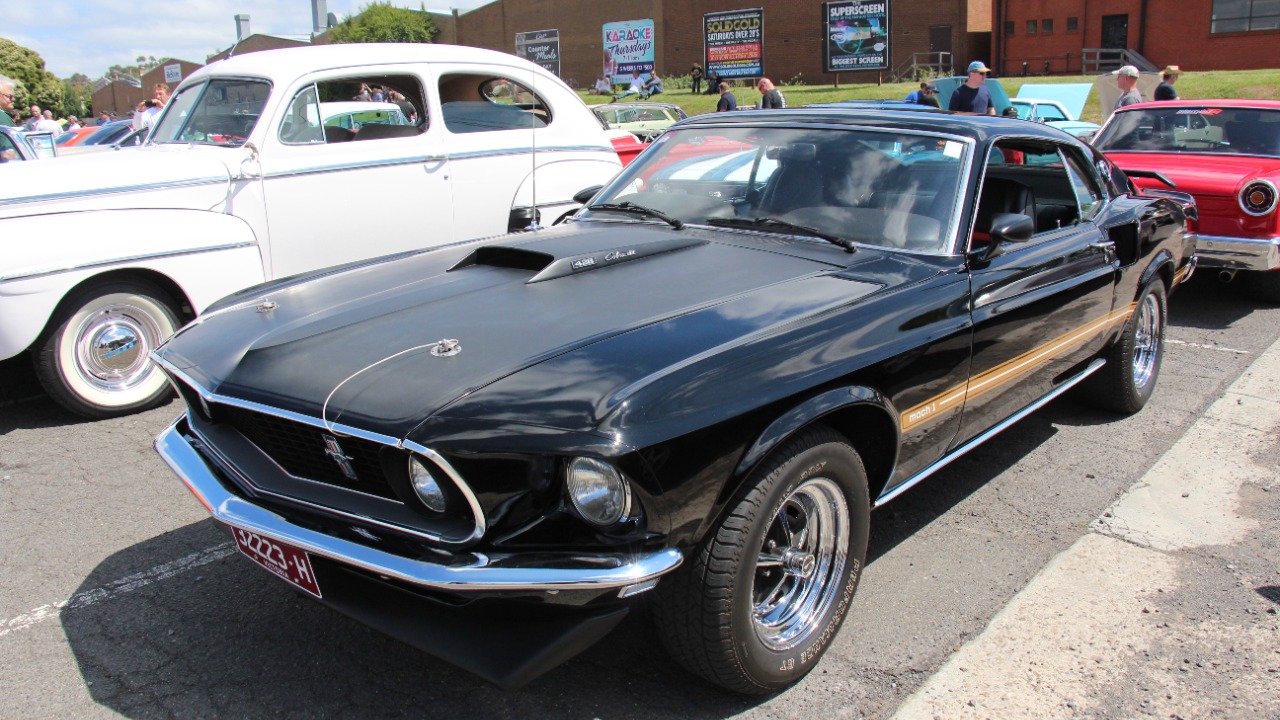
Price Variability
The initial cost of acquiring a classic car can vary significantly depending on factors such as the make, model, and condition of the vehicle. For instance, a well-preserved 1969 Ford Mustang might fetch a different price than a similarly aged 1970 Chevrolet Chevelle, largely due to market demand and rarity. A top-condition model can command prices well into the six-figure range, while a project car requiring extensive restoration may be available for a fraction of that cost.
Auction vs. Private Sale
Purchasing a classic car through an auction can offer the allure of competitive bidding and the possibility of securing a rare find like a 1957 Jaguar XKSS. However, auctions may also include buyer’s premiums, which can add up to 10% or more to the final bid price. On the other hand, private sales may offer more room for negotiation, but they require due diligence to ensure the legitimacy and condition of the car being sold.
Inspection and Appraisal Fees
Before finalizing a purchase, it is crucial to have the classic car inspected and appraised. This step can uncover potential issues that may not be immediately visible, such as rust or engine problems. Inspection fees can range from $200 to $500, while a professional appraisal might cost between $300 and $400. These upfront costs can save potential buyers from costly surprises down the road.
Restoration and Repair Expenses
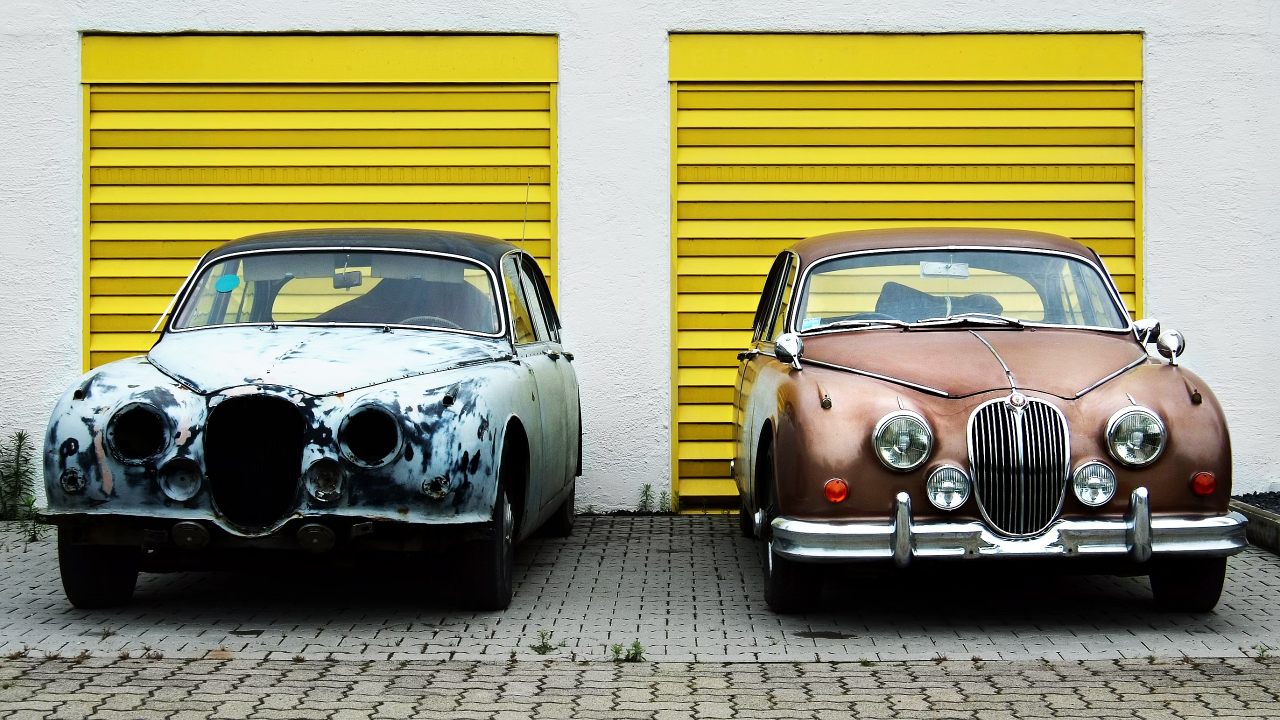
Parts Availability and Cost
Sourcing parts for a classic car can be a significant expense, especially if the vehicle is rare or requires original components. For example, locating parts for a 1963 Ferrari 250 GTO might involve international searches and high shipping costs. Even more common models like a 1972 Dodge Charger can present challenges when seeking authentic or replica parts that maintain the car’s original integrity.
Professional Restoration Services
Restoration can be a major cost driver, with professional services like bodywork, engine rebuilding, and interior refurbishing. Hiring experts to restore a classic car to its former glory can cost anywhere from $10,000 to over $100,000, depending on the level of detail and quality desired. A full restoration of a classic luxury car, such as a 1955 Mercedes-Benz 300 SL Gullwing, might run into the upper end of that range.
DIY Restoration
For those with the skills and time, undertaking a DIY restoration can offer significant cost savings. However, it’s not without its pitfalls. A lack of expertise could lead to mistakes that might compromise the vehicle’s safety or value. Restoring a classic like a 1967 Volkswagen Beetle might seem straightforward, but without proper tools and knowledge, the process can become overwhelming and costly.
Ongoing Maintenance and Upkeep
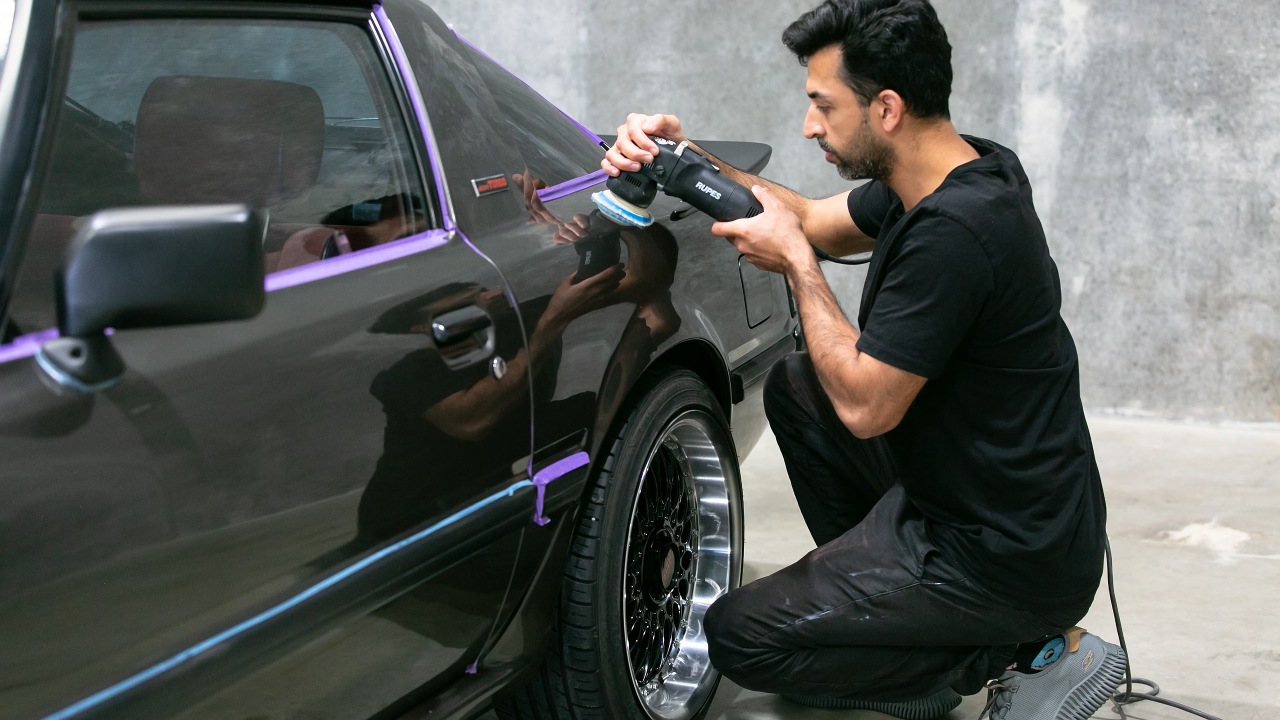
Regular Maintenance Schedule
Classic cars have unique maintenance needs that can be more frequent and expensive than modern vehicles. Regular oil changes, tune-ups, and inspections are essential to keep a vintage car like a 1964 Pontiac GTO running smoothly. The cost for routine maintenance can easily surpass $1,000 annually, depending on the vehicle’s condition and usage.
Storage Requirements
Proper storage is crucial to preserving a classic car’s condition. Exposure to the elements can cause rust and deterioration, so a garage or specialized storage facility is recommended. Renting a storage space designed for classic cars can range from $150 to $500 per month. A climate-controlled environment is particularly important for preserving the condition of a classic convertible like a 1959 Cadillac Eldorado Biarritz.
Insurance Premiums
Insurance for classic cars is typically more affordable than for regular vehicles, but premiums can vary based on factors such as the car’s value, usage, and storage conditions. A 1971 Plymouth Barracuda valued at $75,000 might have an annual premium between $500 and $1,500. Insurers often require appraisals and impose mileage limits to qualify for lower rates.
Unexpected Costs and Contingencies
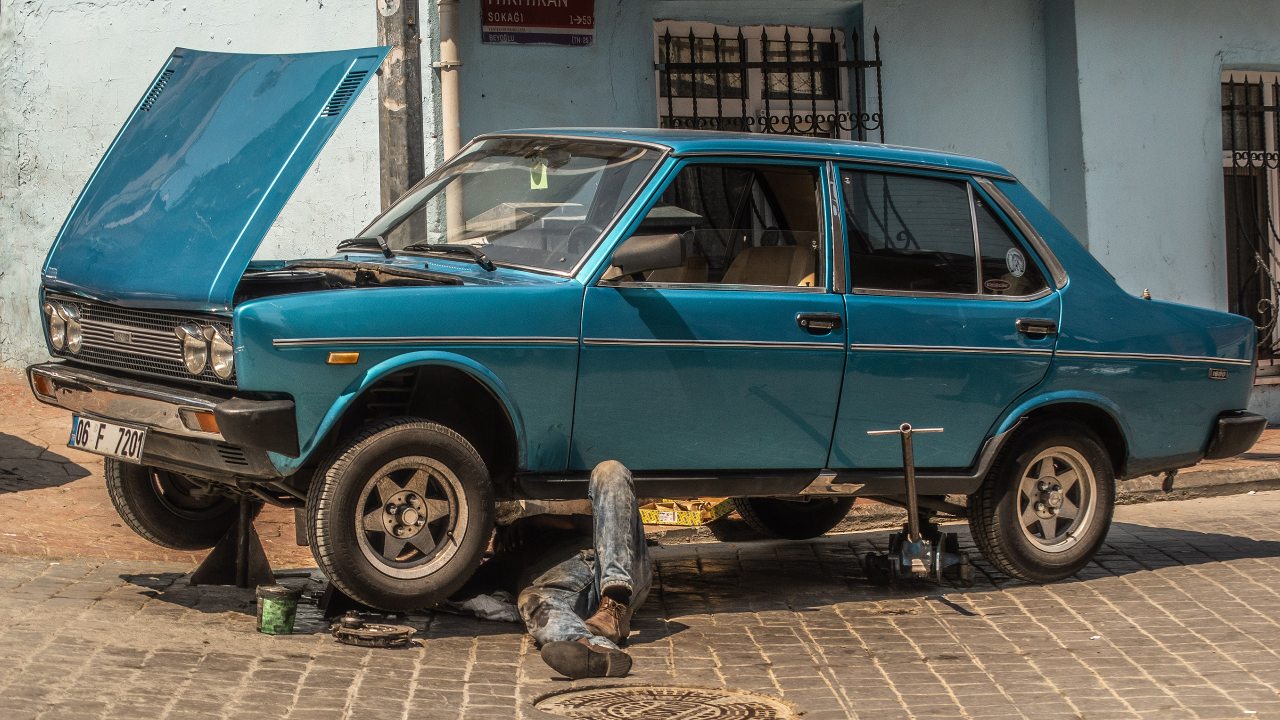
Breakdowns and Repairs
Mechanical failures are a common risk with classic cars, and repairs can be costly. Unexpected issues such as transmission failure or electrical problems might arise, demanding immediate attention. Repairing a gearbox on a 1956 Aston Martin DB5, for example, can cost several thousand dollars, depending on the availability of parts and expertise required.
Market Fluctuations
The value of classic cars can be influenced by market trends, with some models appreciating while others may not hold their value. A sudden surge in interest for a particular model, like the 1980s Porsche 911s, can drive up prices, impacting both buying and selling decisions. Conversely, a decline in market interest could affect resale value.
Regulatory Changes
Changes in emissions standards or safety regulations can impact classic car ownership costs. Compliance requirements might necessitate modifications, such as retrofitting a 1970s muscle car with modern emission controls, which can be both expensive and complex. Keeping abreast of regulatory changes is essential to avoid unforeseen expenses.
Potential Financial Benefits
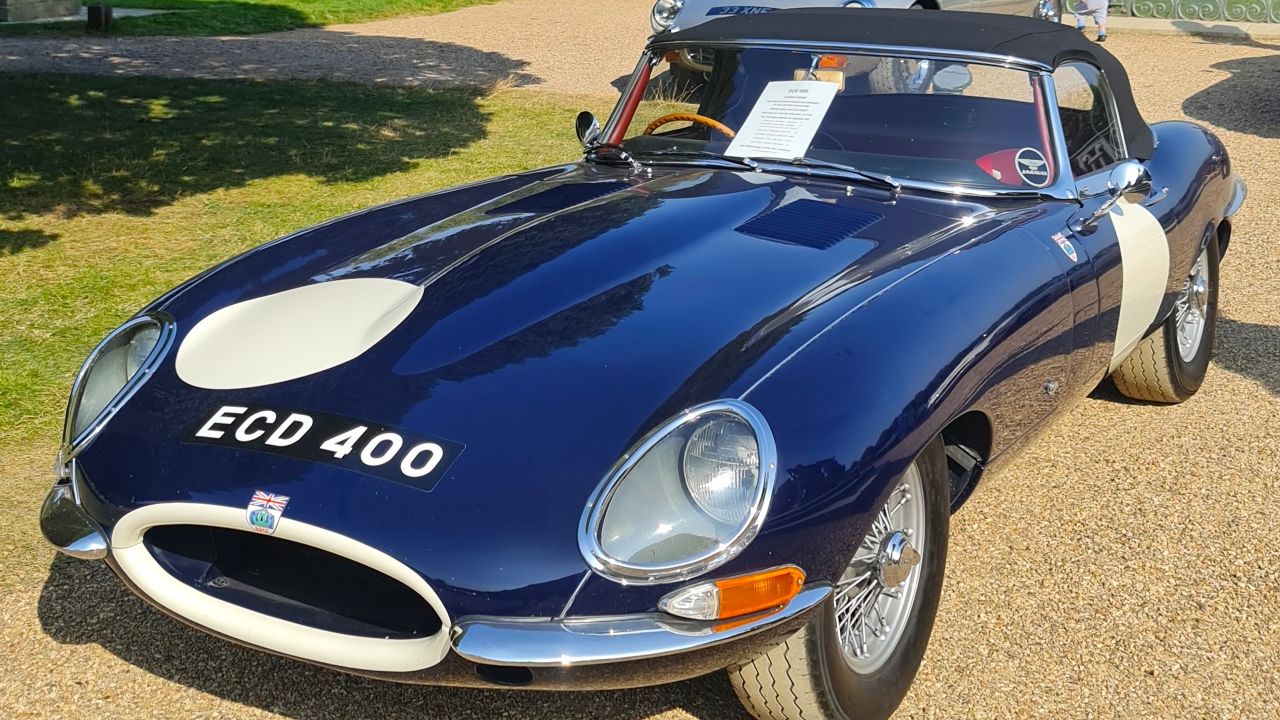
Appreciation in Value
While not guaranteed, some classic cars appreciate over time, offering potential financial returns. A well-maintained 1961 Jaguar E-Type might see its value increase, especially if market interest surges. Collectors often view these vehicles as investments that can provide substantial returns, although predicting which models will appreciate is not an exact science.
Tax Benefits
Classic car ownership can offer certain tax advantages, particularly if the vehicle is used for business purposes or donated to a charitable organization. Owners of a classic business-use vehicle like a 1949 Ford F-1 pickup might qualify for deductions related to maintenance and operational expenses, though tax laws vary and seeking professional advice is recommended.
Community and Networking Opportunities
Beyond the financial aspects, owning a classic car can open doors to community and networking opportunities. Participation in car shows, clubs, and meets can lead to valuable connections and even business opportunities. For example, attending a classic car rally with a 1965 Shelby Cobra might connect an owner with potential clients or partners who share similar interests.
Like Fast Lane Only’s content? Be sure to follow us.
Here’s more from us:
*Created with AI assistance and editor review.

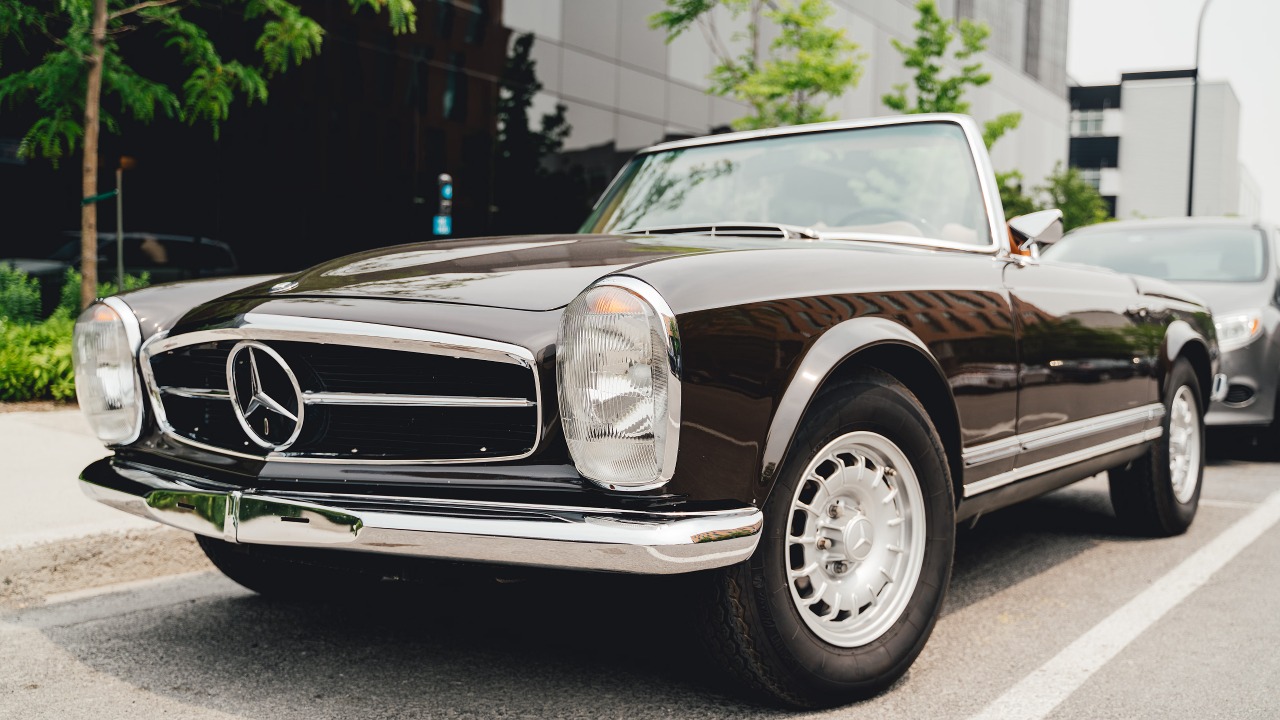

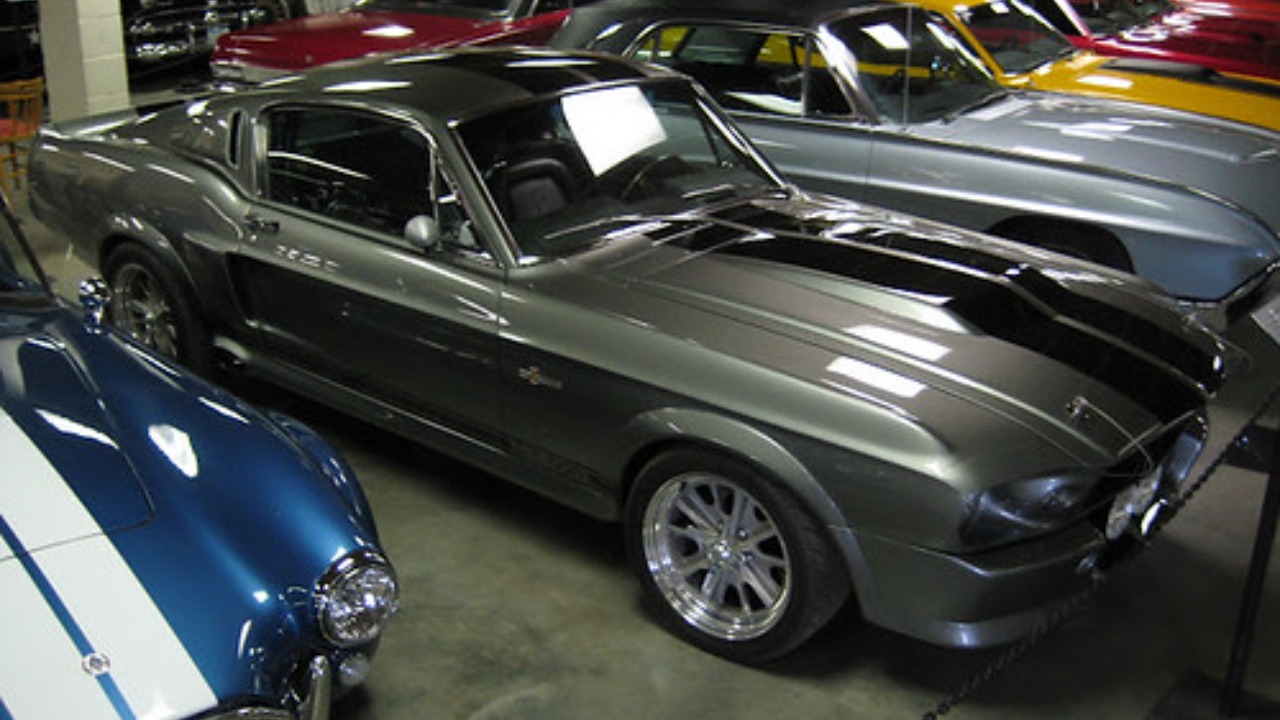
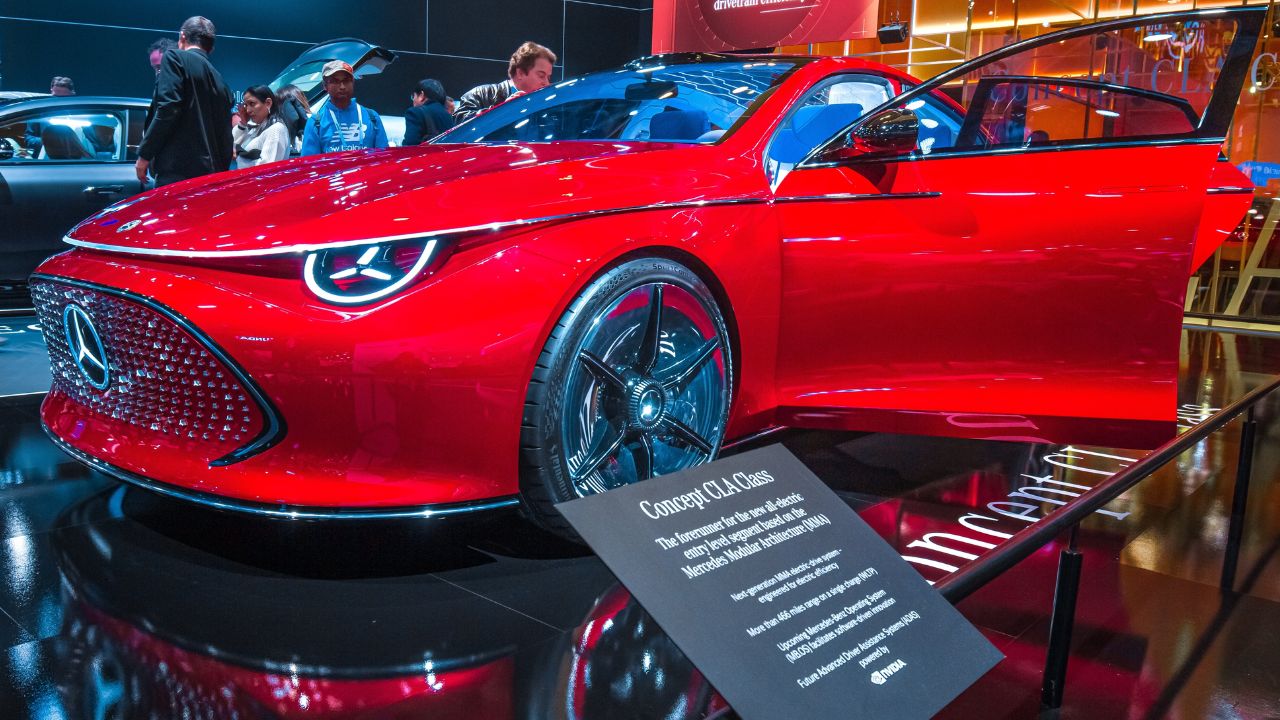
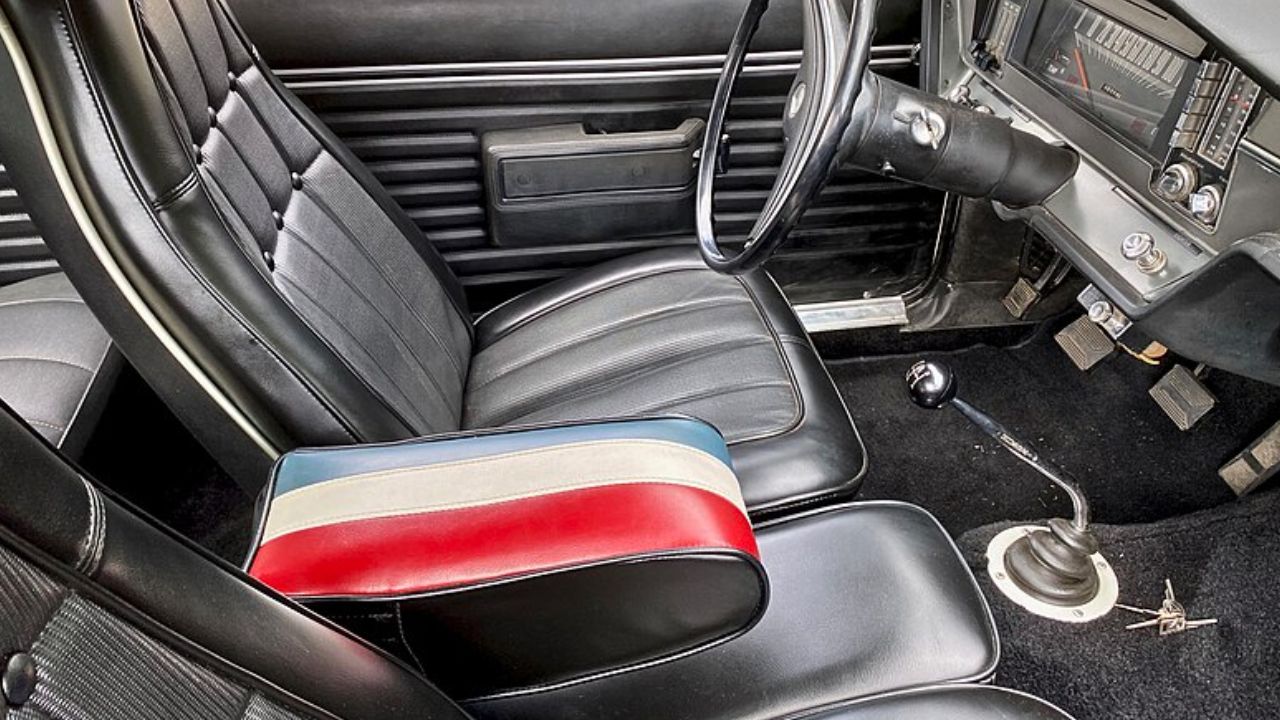
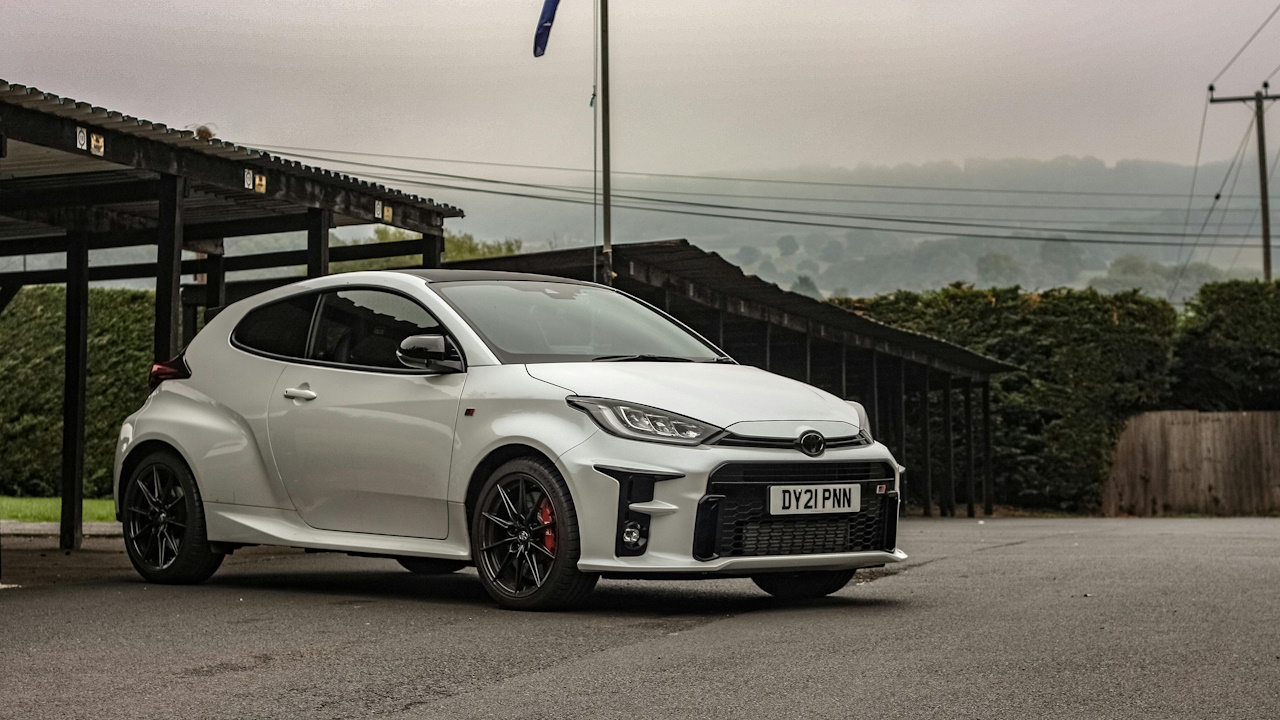
Leave a Reply